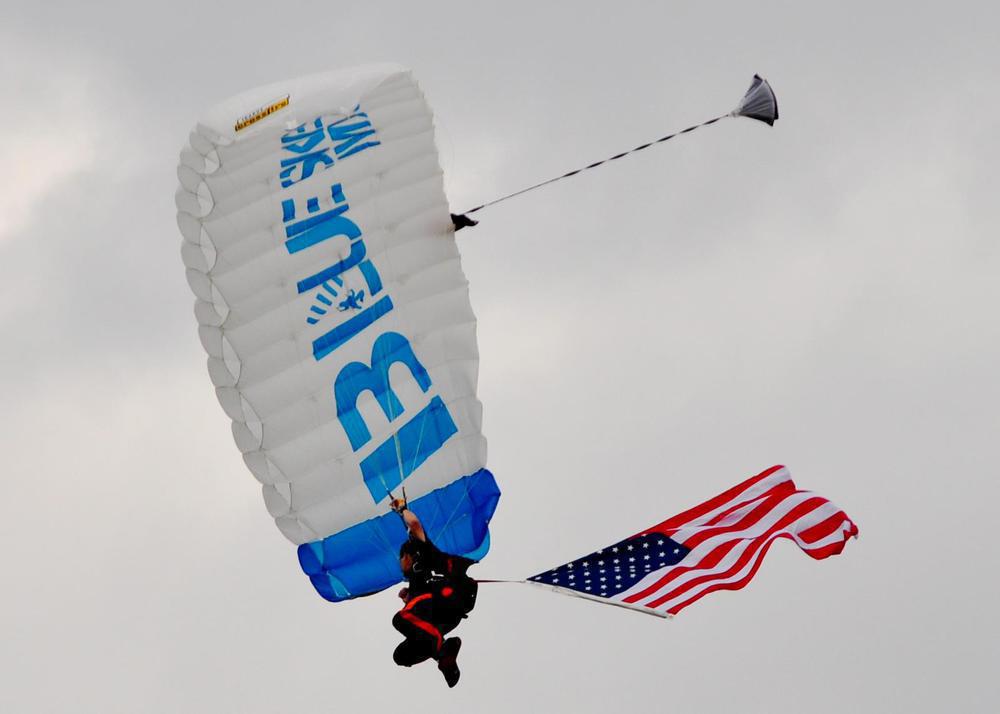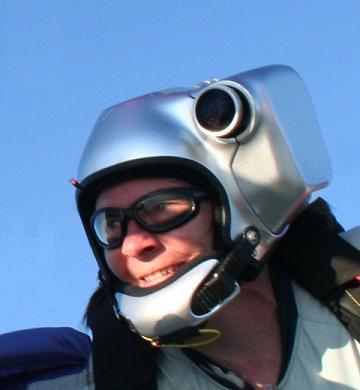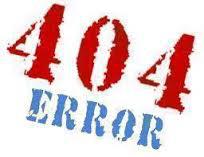Recommended Posts
dmcoco84 5
QuoteDo you have any idea how much DNA you leave behind on every object you interact with?
Yes... unfortunately..
normiss 917
Once it's left in the public domain, much like trash, they are then free to do with it as they wish.
labrys 0
QuoteI don't know. I haven't thought about it. I'd just always assumed that there was something saying it cleared Constitutional scrutiny. I'm questioning that now, but I sure as hell haven't thought enough about it to give my opinion or even enough information to substantiate my belief.
Can fingerprints be used to do anything other than uniquely identify a person? DNA contains boatloads of additional personal information that I don't think the government has a right to "seize" without at least a conviction.
GeorgiaDon 407
Potentially, sure, but not the way DNA is currently processed for forensic purposes. A number of distinct molecular regions have been identified where the nucleotide sequence is quite variable. Say, for example, that there are 10 possible sequences at each of 20 sites in the genome. That yields 20 to the 10th power (~10,000,000,000,000) possible combinations of characters, many times the total population of the planet, so it is possible to identify the source of a DNA sample very precisely to a unique person (except in the case of identical twins). However, none of those variable regions come from regions of the DNA that actually encode proteins, so you couldn't predict anything about height, eye color, etc from that information. To do that you would need to actually sequence a large fraction of the genome, a process that is coming down in price but still runs about $10-20,000. Sequencing is the easy part, assembly and annotation (figuring out what is what) is the more labor- and cost-intensive part. Most phenotypic characters that might be used to create a picture of a suspect such as height, weight, or hair texture are influenced by many interacting genes and interact strongly with environment, so it would be impossible to translate a DNA sequence into an artist's sketch of a suspect. You could determine race and eye color, but I doubt many police agencies would care to (or be able to afford to) spend thousands of dollars to sequence someone's genome to get info they could get and record much more cheaply just by looking. Plus, I believe there are already laws on the books restricting law enforcement from collecting genetic information other than those limited markers required to match a sample to a source.QuoteDNA contains boatloads of additional personal information that I don't think the government has a right to "seize" without at least a conviction.
So personally I am not worried that the police will somehow use information about my risk of developing Alzheimer's or some other disease against me. I do dislike the idea of being required to participate in a genetic database when I have not been convicted of any crime. In my case it's more or less water under the bridge, though, as I have already been fingerprinted many times in connection to immigration to the US.
Don
Tolerance is the cost we must pay for our adventure in liberty. (Dworkin, 1996)
“Education is not filling a bucket, but lighting a fire.” (Yeats)
lawrocketI agree. It's not being used to identify a person but to identify a DNA sample.
Scalia wrote this: "Solving unsolved crimes is a noble objective, but it occupies a lower place in the American pantheon of noble objectives than the protection of our people from suspicionless law-enforcement searches. The Fourth Amendment must prevail."
I think it is very well stated.
Agreed. Good outcome notwithstanding, the means are a couple among a thousand cuts.
Blues,
Dave
(drink Mountain Dew)
labrys 0
davjohns 1
lawrocketDid you read Scalia's dissent? Scalia nailed it. One can actually sense his fury with the majority. The dissent starts on p. 33.
[Url]www.supremecourt.gov/opinions/12pdf/12-207_d18e.pdf[/url]
Note: I always like to read the dissent first. Probably my inherent skepticism to see first others' opinions of why the decision was wrong. I'm like that in lots of ways.
I find the majority opinion to be persuasive in a "status quo" way. We never bothered to object to fingerprinting as a tool to solve crimes. I side with dissent here. Scalia's is just better reasoned. And with a certain degree of dickishness.
Thanks, Jerry. My first reaction was, "What's the big deal?" Scalia, however, set me straight. An outstanding, articulate, well reasoned dissent. And I like the dickish nature when he is defending the individual from the government. Harking back to the Founding Fathers doesn't hurt, either.
Bad decision by the SCOTUS.
But do you think it would be appropriate to just remove all of the warning labels and let nature take its course.
Very bad decision.
normiss 917
"Tell it to the judge."
GeorgiaDon 407
That's one of the things that bothers me, and it seems to me a real possibility for abuse. Say the police have a "hunch" about someone, but no probable cause for a warrant to collect a DNA sample. Now they can just generate an excuse for an arrest (for example, a traffic stop and then provoking or initiating a "confrontation") and they get their sample. Of course if the "suspect" is innocent they now have an arrest on their record, which can be problematic in itself (think applying for a job) and may later be used to "prove" the innocent "suspect" has violent tendencies.Southern_ManDisagree w/ the decision. A clear abuse of privacy and ignoring the protections of the 4th amendment. Cops can make up any pretext they want for arresting anybody.
Not to mention the "slippery slope" of requiring a DNA sample to get a driver's license, a business license, or whatever. If the DNA is "just to verify your identity", and collecting it is not a "search", then there seems to be no constitutional bar to requiring such a sample.
If the police have suspicion but no evidence, they currently can collect a DNA sample by following the subject and collecting discarded materials such as a drink cup that will contain transferred DNA. More work for sure, but that way innocent people don't end up saddled with an arrest record.
Don
Tolerance is the cost we must pay for our adventure in liberty. (Dworkin, 1996)
“Education is not filling a bucket, but lighting a fire.” (Yeats)





Microstamping problems go much further than that. No one has been able to show that it actually works at a level of accuracy required for the court. It's trivial to modify yourself. Ballistics on the slug has already been a dead cause. And forget about spreading other brass...just collect your own!
DNA is at least a big step up in repeatability and uniqueness. Interesting - I read a few years ago that fingerprints have not been proven (in a rigorous manner) to be unique. In spite of that, we already lost any battle on preventing those records for being kept for most people.
It's an odd day (to me) when Scalia is the voice of reason. Breyer is the surprise.
Share this post
Link to post
Share on other sites